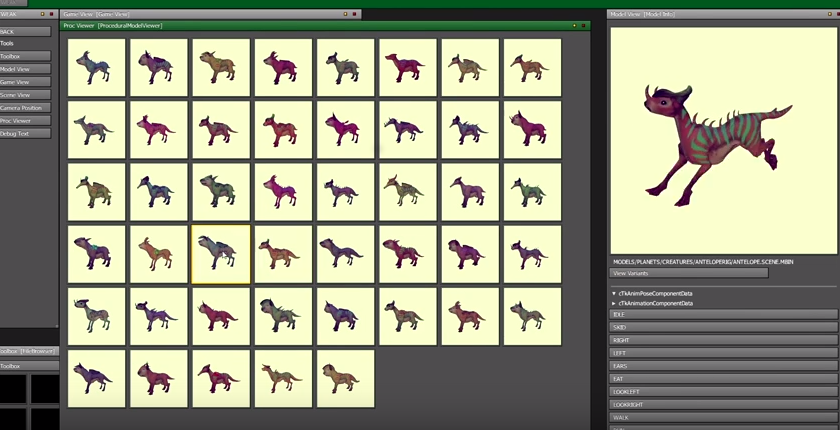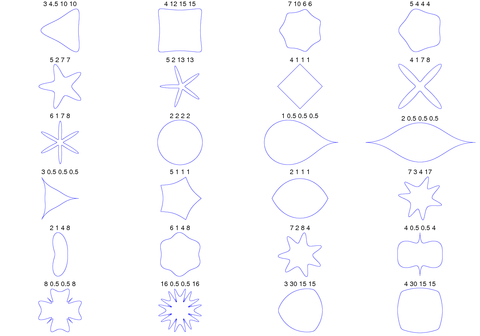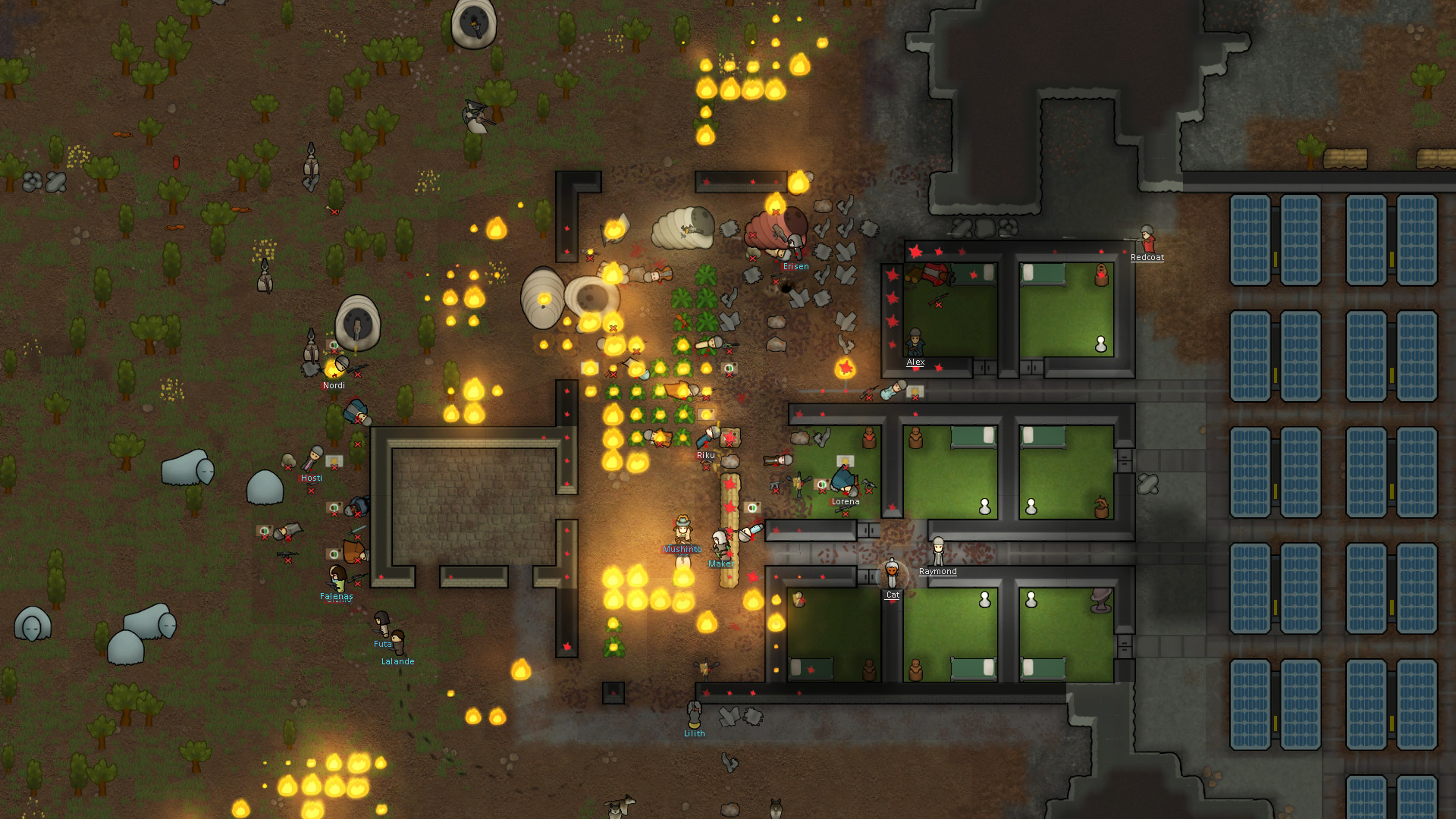Just add water
The go-to rebuttal to increasing automation tends to be something around how creativity could not be emulated by computers, at least, not for awhile. There’s some truth to that statement depending on how you define “creativity”, I suppose. The least charitable definition might be synonymous with “content generation”, a domain typically exclusive to humans - artists, musicians, writers, and so on - but computers have made some claim to this territory.
The poster child of the automated (i.e. procedural) content generation beachhead is No Man’s Sky, which generates a literal universe, complete with stars and beaches and creatures, using interweaving mathematical equations. The universe it generates will reportedly take 5 billion years to explore, and that’s just one of those universes. In theory, an infinite amount of universes can be generated by setting different seed values (the value which is used to determine all other values in the game). This interview with Sean Murray goes a bit more into depth on their approach.

These procedurally-generated universes aren’t random, though they are designed to give that appearance. They are completely deterministic depending on the seed value - this is a critical property since there needs to be consistency. If you leave a planet, you should not only be able to come back to that planet, but it should be in a similar state to when you left it.
A big challenge in procedural content generation is figuring out a way of creating things which feel organic and natural - for No Man’s Sky, the solution is the impressive-sounding Superformula, developed by John Gielis in 2003. In polar coordinates, with radius ¦r¦ and angle ¦\varphi¦, parameterized by ¦a, b, m, n_1, n_2, n_3¦, the Superformula is:
r\left(\varphi\right) = \left( \left| \frac{\cos\left(\frac{m\varphi}{4}\right)}{a} \right| ^{n_2} + \left| \frac{\sin\left(\frac{m\varphi}{4}\right)}{b} \right| ^{n_3} \right) ^{-\frac{1}{n_{1}}}.
The above is the formula for two dimensions, but it is easily generalized to higher dimensions as well by using spherical products of superformulas (cf. Wikipedia).
Some forms resulting from the 2D formula:

Procedural generation is a really beautiful approach to game design. It’s not so much about creating a specific experience but rather about defining the conditions for limitless experiences. No Man’s Land is far from the first to do this, but it is the first (as far as I know) to have all of its content procedurally generated. The game Elite (from 1984!) also had procedurally-generated universe. Elite’s universe was much simpler of course, but used a clever approach using the Fibonacci sequence to simulate randomness:
\begin{aligned} x_0 &= \text{seed} \\ x_n &= x_{n-1} + x_{n-2} \end{aligned}
And then taking the last few digits of values generated from this sequence.
For example, take the Fibonacci sequence:
0, 1, 1, 2, 3, 5, 8, 13, 21, 34, 55, 89, 144, 233, 377, 610, 987, \dots
Let’s jump at head in the sequence:
1597, 2584, 4181, 6765, 10946, 17711, 28657, \dots
If we just look at the last three digits, the resulting sequence looks quite random:
597, 584, 181, 765, 946, 711, 657, \dots
The great thing about this is that these universes can be shared by sharing seed values.

Procedural content generation is interesting, but other games focus on “procedural” stories. These games have (some) manually generated content - creatures, buildings, etc - but focus on designing complex systems which form the bedrock of the game’s ability to spawn wild and fantastic stories. Dwarf Fortress and RimWorld are two great examples, which are essentially fantasy and sci-fi world-simulators (respectively) which model things like each individual’s mental health, weather patterns, crop growth, and so on. No one writes the stories ahead of time, no one has a premeditated experience for you put in place - it’s all off-the-cuff based on the dynamics of the game’s rules.
The stories that come out of these games are amazing. Dwarf Fortress has an especially vibrant community based around the often absurd things that happen in game (for example, see r/dwarffortress, or for a more academic treatment, see Josh Diaz’s thesis).
With the independent game industry continually expanding, I think we’ll see more of these kinds of games. They can be developed with relatively small teams but have the richness and depth (and often to a better degree) of a massively-built studio game.

